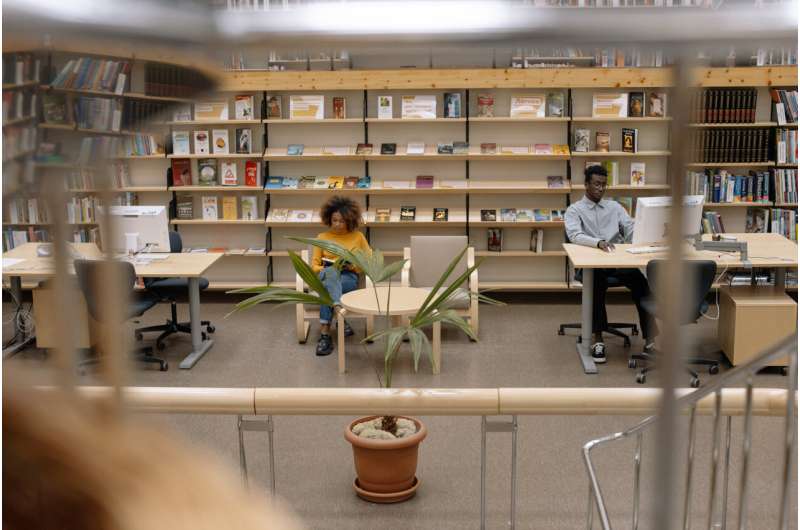E-learning will not erode African knowledge

When people discuss the challenges related to e-learning (the use of electronic technology to facilitate learning), they tend to focus on access. This can mean access to financial resources to buy equipment as well as geographical constraints: some regions are simply too remote and underdeveloped to be properly connected to the internet – or even the electricity grid – which are of course both crucial for e-learning systems.
There are also socio-cultural challenges to the use of e-learning, particularly in Africa. Critics argue that the use of e-learning in African higher education could erode African culture and identity. They fear that e-learning platforms might prioritise Western culture and that this is somehow "un-African". These critics fear that the use of e-learning will somehow destabilise the existing patterns and behaviours in African higher education.
But based on my research, I would argue that e-learning is very important in Africa. This technology offers a chance to increase communication in the process of learning and to stretch educational offerings across borders. E-learning can also allow academics to build new networks beyond their own borders. So while knowledge from and about the West can come to Africa, the reverse is also true: the continent's own knowledge can reach much further through e-learning.
There should be a drive across Africa to invest in e-learning, as has been seen in similar economies like Latin America and India.
Most African countries have progressive policies related to e-learning, and have embraced it in theory. However, at the practice level, a lot still remains to be done, especially by those who must share this information: educators.
At the same time, mechanisms must be put in place to ensure that it's used without being perceived to undermine African people's efforts, knowledge and cultures.
An important social innovation
Those who criticise e-learning because of its perceived threat to African cultural identities clearly see globalisation – and the resulting spread of technology and innovation – as a danger that aggravates the disparities between the Western world and African countries.
But e-learning is both a technological and a social innovation. At its best, it can address problems within a particular social context. For instance, my colleagues and I have used e-learning to complement our teaching in a Masters programme in health information management in Kenya, Tanzania and South Africa. This has saved money since students and staff didn't have to travel. It's also been an opportunity for invaluable cross-cultural learning.
African cultural identities will not be eroded by e-learning. On the contrary, the sort of cross-cultural experiences found in my example help to strengthen the continent's cultural identity. At the same time, they are a way to better understand and accommodate diversity.
Critics also suggest that e-learning is an example of forcing technology on African people. This idea arises because of the power and economic disparities between the West and Africa. But it lacks a proper understanding of the problems the technologies are meant to solve.
For instance, large swathes of Africa are remote. People in those areas want to continue learning, but struggle to do so because they are far from cities or major centres. E-learning is a way to appropriately respond to this demand, quickly and cheaply.
Part of the problem here is that people do not distinguish between westernisation and modernity. Westernisation is cultural emulation of the West which leads to unquestionable adoption of Western ideologies, technologies and content. Modernisation is the acceptance of changes that are compatible to – and brought about by – science, technology and their functional requirements in people's lives.
A resistance to modernity, in the form of e-learning, could actually hinder socio-economic development in Africa.
Allaying fears
E-learning is a mature socio-technical innovation. It has many benefits and can address some of the educational challenges in African higher education. Its critics must be heard so that their fears can be overcome. Those of us working in the field of e-learning, as well as those providing the platforms, will need to help people to distinguish between the sources of the technology – often, Western nations or organisations – from the benefits it brings.
It will also be important to prepare Africa's educators for this technology. They must know how to use it, how to infuse it with local and relevant content, and how to provide students with authentic learning.
Provided by The Conversation
This article was originally published on The Conversation. Read the original article.![]()




















